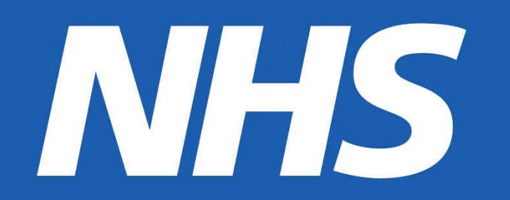The Policy Exchange has called on the government to consider changes to the interrelationship between the Consumer Price Index (CPI) and the annual allowance (AA) for public sector pension schemes.
The think tank made the recommendation as part of its policy ideas in the area of health and social care, suggesting that the reform could help address the issue of doctors seeking early retirement from the NHS.
It noted that many doctors are choosing to reduce their hours or retire early due to the way the NHS Pension Scheme interacts with tax policy.
Due to the changes in April 2016 when pension input periods were amended to align with 6 April to 5 April, a disconnect was created in the rate of CPI used for AA calculations and the rate of CPI used to revalue career average revalued earnings (CARE) benefits in the NHS scheme, the Policy Exchange explained.
This has created two “unintended consequences”: When CPI rises, members are assessed for their benefit growth including inflation and when CPI falls, the AA growth can be negative.
Negative growth is zeroed and cannot be carried across to other pension schemes within the same tax year or carried back to previous tax years to offset historic tax charges.
Therefore, with inflation predicted to reach 11 per cent in the autumn, many medical staff were likely to be hit with a “significant” tax bill.
The think tank warned that while many believe the issue only affects high earners in the NHS, the CPI disconnect affects all practitioner members of the 95/08 scheme and all members of the 2015 scheme.
“Many salaried GPs on incomes of £60,000-£110,000 are affected,” the Policy Exchange stated. “A junior GP with an accrued pension of just £22,400 will use up their entire £40,000 annual allowance in 2022/23 solely due to the application of the anticipated September CPI rate of 11 per cent to their existing benefits.
“There is evidence that this is pushing many clinicians into retirement, or to consider cutting down their sessions significantly.”
The think tank called on the government to amend the ‘appropriate percentage’ mechanism, as set out in the Finance Act 2004, stating that an ‘appropriate percentage’ would be to match the rate of CPI used by a scheme to uplift its CARE benefit.
It also urged the government to consider allowing negative growth to be carried across to other schemes within the same tax year or carried back to previous tax years.
It stated that while these changes would lead to some reduction in the repayment charges to the Treasury, this would be more than offset by additional income tax receipts.
“These changes should be announced for consultation as part of the upcoming November Budget,” the Policy Exchange said.
“NHS pensions is a fiendishly complex policy area with numerous issues. We have chosen to focus on one: The CPI disconnect.
“There are further issues that should be looked at, including introducing a centralised ‘Retire and Return’ policy which can clarify the taxation and pension implications of returning to work in the NHS on a temporary basis.
“We would propose that the new administration commissions an independent review of NHS pensions and their interactions with taxation policy. The review should commence in 2022 and report by January 2023 to inform the Spring Statement.”
Latest News
-
TPR tells smaller schemes to ‘do more’ as decumulation product offerings improve
-
Govt to accelerate consolidation as small schemes face cost and governance challenges - Bell
-
Industry raises trustee independence and conflicts of interest concerns
-
Forward-looking VFM metrics risk ‘misleading’ pension savers, industry warns
-
Pensions regulation could be ‘unfit for purpose’ within a decade
-
DC default strategies shift towards growth as retirement behaviours evolve
THE ROLE OF INSURANCE LINKED SECURITIES (ILS) IN PENSIONS TODAY
Francesca Fabrizi sits down with Leadenhall Capital Partners Senior Managing Director, Alistair Jones, to talk about the role of Insurance Linked Securities (ILS) in pension fund investing today
Private markets – a growing presence within UK DC
Laura Blows discusses the role of private market investment within DC schemes with Aviva Director of Investments, Maiyuresh Rajah
Podcast: From pension pot to flexible income for life

Podcast: Who matters most in pensions?

In the latest Pensions Age podcast, Francesca Fabrizi speaks to Capita Pension Solutions global practice leader & chief revenue officer, Stuart Heatley, about who matters most in pensions and how to best meet their needs
© 2019 Perspective Publishing Privacy & Cookies









Recent Stories